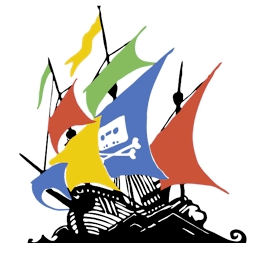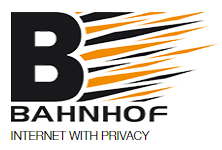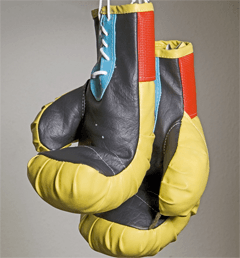Even TorrentFreak Gets ‘Pirated’ On a Daily Basis
mercredi 26 décembre 2018 à 14:39 Since 2005, TorrentFreak has been a fairly popular source for file-sharing, piracy, and copyright-related news. It’s a project that takes up most of our lives and many hundreds of hours every month.
Since 2005, TorrentFreak has been a fairly popular source for file-sharing, piracy, and copyright-related news. It’s a project that takes up most of our lives and many hundreds of hours every month.
We love what we do and we’re grateful to every single one of our readers who help us by taking the time to read our articles and send us tips. Thanks folks, it really means a lot and we couldn’t do it without you.
As is obvious, everything we write is available on our website, for free, with no intrusive advertising, under a consumer-friendly Creative Commons license. Or, if one prefers, everything can be obtained via our regular mailings.
Over the past couple of years, however, TorrentFreak’s news has been made available via a couple of dozen other websites. Many operating in the relatively new ‘Kodi news’ niche, these sites take our articles the second they’re published and present them on their own platforms for the benefit of their own readers.
Under our CC license, anyone can do this for non-commercial purposes providing they link back to the source, but the vast majority are doing so for business reasons. Oddly enough, most of these are happy to link and politely quote the source.
In some cases, however, sites remove all references to TF from our articles while deliberately passing them off as written by their own “authors”. One site even goes as far as to run our pieces through word-replacement filters that chaotically obfuscate both the news and the source. That, admittedly, is really, really irritating.
This type of ‘piracy’ (we’ll use the term for convenience) presents an interesting thought exercise for us. Effectively, TorrentFreak wouldn’t exist if it wasn’t for piracy. Indeed, if the piracy issue was solved tomorrow, we’d have nothing left to report.
So, with that being said, it’s ‘fun’ to have a little taste of what the entertainment industries have been dealing with for the past couple of decades. But, how we deal with this, is far removed from many of the popular strategies.
More than anyone and particularly in view our daily reporting, we know that there is plenty that can be done when people take your work and copy it online. Perhaps more importantly, however, just because you can do something, it doesn’t mean you should.
Lawsuits solve nothing other than making lawyers rich. Trolling and settlement strategies are generally disgusting while acting tough on the Internet isn’t attractive for branding or image. And takedown notices – well – that game of whac-a-mole isn’t something we’d even consider as a solution.
What we do know, however, is that most people like to do the right thing. When people politely ask if they can use our content, the answer is always ‘yes’. We also know that when people take our pieces and place them on their own sites, we reach a wider audience – whether or not the operator of that site has linked to the source as we humbly request. Getting the news out there by any means has always been our number one priority.
But, more importantly, we would never like to be viewed in the same light as those who threaten and posture in order to get what they want. Piracy is here to stay and there is little to nothing anyone can do about it. Whether its movies, music or news articles, someone, somewhere will clone it and offer it to the public.
So, despite this article briefly focusing on what it’s like to be on the ‘other side’ of the piracy world for once, we can let everyone into a small secret: this article took longer to write than the whole time we’ve spent ‘worrying’ about the ‘piracy’ of our articles.
Sure, there are some objectionable sites republishing our stories that we would prefer our content not to be associated with, period, but life is too short for these kinds of distractions.
Our advice to people troubled by low-level piracy is to focus on what you do best and get on with it. Every second spent worrying about piracy is time that could’ve been spent creating something new. Sure, some people will come along and take a few views here and there but is it really worth kicking up a huge fuss over when it only distracts from the job?
Hardly.
Source: TF, for the latest info on copyright, file-sharing, torrent sites and more. We also have VPN reviews, discounts, offers and coupons.
 Day in and day out copyright holders are flooding Google with DMCA takedown notices, pointing out links to pirated content.
Day in and day out copyright holders are flooding Google with DMCA takedown notices, pointing out links to pirated content.

 A decade ago the vast majority of ‘pirate’ content was consumed after the fact but there has been a significant shift towards live TV programming in recent years, largely through IPTV and similar unlicensed services.
A decade ago the vast majority of ‘pirate’ content was consumed after the fact but there has been a significant shift towards live TV programming in recent years, largely through IPTV and similar unlicensed services. in September 2013, H33T.com, one of the Internet’s most-visited torrent sites at the time, disappeared from the web .
in September 2013, H33T.com, one of the Internet’s most-visited torrent sites at the time, disappeared from the web .